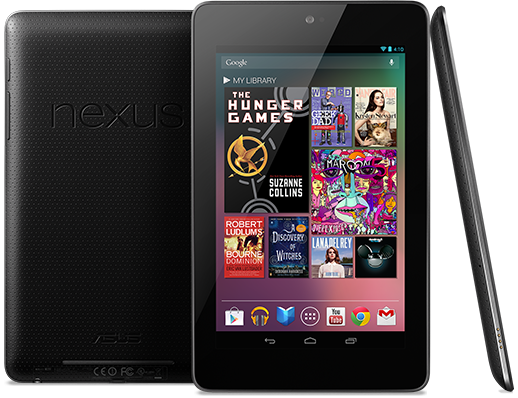
Nexus 7 goes on sale in France, Germany and Spain
The popular Google Nexus 7 tablet is now available in three new European locations: France, Germany and Spain, for a total of seven. The ASUS-made tablet is available for purchase directly from Google's own Play Store.
Only the currency has changed from the US pricing, with the 8GB Google Nexus 7 selling for EUR199, while the 16GB model will set you back EUR249.

Nexus 7 is confusing
I must preface by clearly stating that I absolutely love my Nexus 7. I recommended it to dozens of people, and fully plan to hand out a few as birthday gifts before the year is over. The tablet is incredibly solid, and worth every penny of the $200 selling price. As far as hardware is concerned, Nexus 7 is remarkable in nearly every aspect.
That said, Google’s approach to Android 4.1 on this device leaves me with a sense of practiced uncertainty and no clue where the tablet fits into the Android ecosystem.
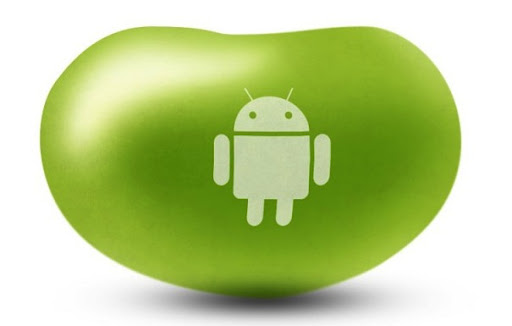
AOKP Jelly Bean Build 1 is available -- get it NOW!
Android Open Kang Project, the team behind the popular custom Android distribution AOKP, has announced the availability of the first Android 4.1 Jelly Bean official build named Jelly Bean Build 1. The number of supported devices is currently limited to the Android smartphones used by the team behind the project, but it has been announced that availability will be extended once "things slow down" and new device maintainers will join the AOKP project.
Although there is no official changelog accompanying the release of the first official AOKP Jelly Bean build, some details are available as to what changes to expect from AOKP Jelly Bean Build 1.
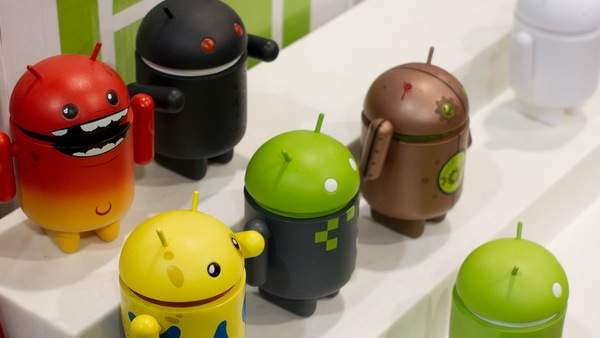
CyanogenMod 10 nightly builds roll out for select devices
The CyanogenMod team has announced via Google+ the official release of CyanogenMod 10 nightly builds for a limited number of devices. The list includes popular Android smartphones as well as tablets that will now be able to run the latest CyanogenMod, which is based on Android 4.1.1 Jelly Bean.
The nightly builds are compatible with a select number of Android smartphones and tablets.
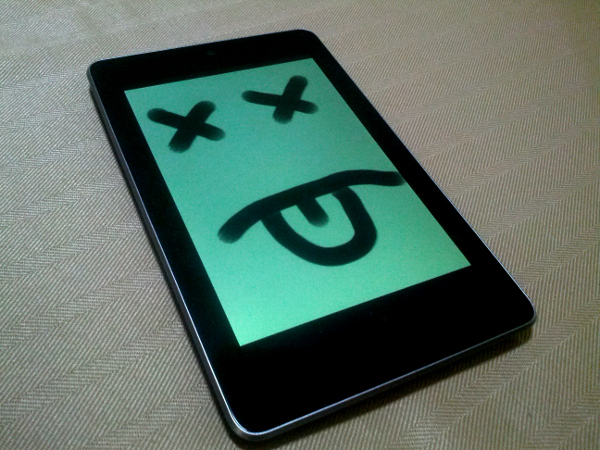
The Nexus 7's biggest problem is Google
We've heard a handful of complaints about Google's Nexus 7 screen dimming and flickering, but they pale in comparison to this story from New York tech industry professional Ed Zitron, who is currently dwelling in Nexus 7 support hell.
I was really excited about the Nexus 7, for just two hundred dollars I could get a device that I could sling in my bag, play with, enjoy mindlessly and then put away --a nicety, a frivolity, something enjoyable and cheap that I wouldn’t worry about.
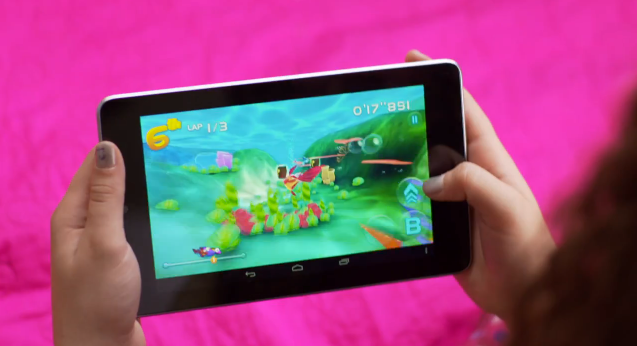
Why does Google subsidize Nexus 7?
To understand why Google subsidized the Nexus 7, you have to first understand what makes the tablet market unique from all other forms of personal computing. All personal computing devices fall into three major categories: PC, cellphone, and tablet (with possibilities for more in the future such as “smartglasses”, which Google and others are developing).
The PC market is mature, there have been very few changes since the nineties; functionality has steadily improved and the only big change was the advent of the laptop, which changed the form, although, it didn’t change the two main players: Apple and Microsoft, with Microsoft’s hardware manufacturers also playing an important role. The players in the PC market have changed little (sure HP bought Compaq and IBM sold out to Lenovo). It would take a truly revolutionary product to change anything even though there have been attempts -- the constant presence of Linux, and the recent (relatively) introduction of Chromebooks for example -- none have have managed to have any impact.
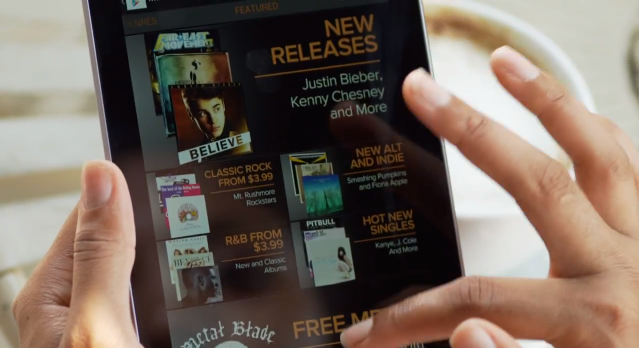
Google resumes 16GB Nexus 7 sales
When the larger model of the Nexus 7 vanished from the Play store a week ago, it was generally assumed that demand outstripped supply. After all, the tablet has been insanely popular since its launch, and pretty much sold out everywhere. The fact that the 8GB model was still available in the store just suggested that people were more interested in physical memory than cloud storage.
But then the conspiracy theories began to kick in. There had been a lot of complaints about the 16GB model prior to its disappearance, with most focusing on screen issues, which led my colleague Joe Wilcox to question whether the model had been withdrawn for reasons other than just overwhelming popularity. His article certainly struck a nerve and generated some interesting comments, including further complaints about the device. Could he be right? Was there more to the story than Google was telling us?
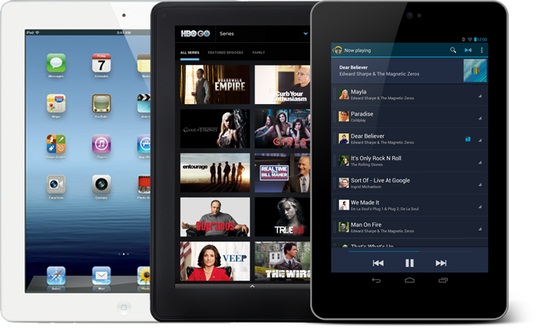
Nexus 7 will lead Android tablets to overtake iPad
Ever since the release of the Nexus 7, analysts have wondered what impact, if any, it would have on Android tablets' market share battle with the iPad. The possible release of the iPad Mini, later this year, could throw another wrench into the works. Fortunately, we have already seen an Android vs. Apple battle in the smartphone market. Let's take a look at the parallels we can draw between the smartphone and tablet market and project the possible market share trends in the tablet market.
Before we begin, we need to understand the global smartphone market share trends over the past couple of years. It is important to understand that ever since the iPhone and Android were launched, the market segmented into legacy smartphone platforms (BlackBerry, Symbian & Windows Mobile) and modern smartphone platforms (iOS, Android & Windows Phone).
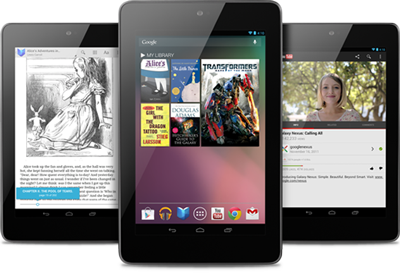
Is demand really why Google stopped selling 16GB Nexus 7?
Over the weekend, Google pulled one of two Nexus 7 models from the Play store, presumably because of demand. The tablet is sold out pretty much everywhere, and had long wait times (3 to 5 weeks) for delivery, so that's not unreasonable supposition. However, a groundswell of user complaints also burst forth over the weekend, and largely directed at the 16GB tablet -- the one Google suddenly stopped selling.
I honed in on the 16GB model after receiving email complaints, seeing others online but having absolutely no problems with the two Nexus 7s in my household. Both are 8GB models, which Google still sells and isn't the brunt-taker of end-user complaints. I got to wondering: Is it coincidence that Google stopped selling the model for which there are end-user complaints?

Nexus 7 sells out
Google's tablet is off to a rousing debut. I doubt sales numbers will reach iPad standards, but Nexus 7 is nevertheless hotly pursued and reports from early adopters evoke pure delight. If you want one and haven't ordered, be prepared to wait. In the United States, delay is now nominal for the 8GB model -- 3 to 5 business days before shipping, according to Google Play. Prepare to wait three to four weeks for the 16GB tablet, however. That's from Google, which right now has best availablity following the first weekend rush.
I preordered one for my wife on June 29, hours after returning from Google I/O. Soon as she saw my Nexus 7, Kindle Fire was history. Shipment notice dispatched while I was at Comic-Con on July 14, and the tablet arrived early afternoon yesterday. I watched a fairly consistent stream of Google+ posts all day, as those people who preordered received their tablets.

Early Nexus 7 buyers, does Google owe you something more?
On June 27, Google announced the Nexus 7 and shortly after started taking preorders. I had been toying with the idea of upgrading my first-generation iPad. I liked, no, loved the iPad. However, it doesn't have a camera, and I slowly discovered that newer apps run slow on it.
So, the announcement of the Nexus 7 was well-timed in my life, and I preordered that day. I already am a Galaxy Nexus user and a big Android fan. I opted for the 16GB model. Tax, shipping and upgrade to the 16GB pushed the initial $199 advertised price to $285.67. "So what", I thought. This is the newest Android tablet, and I will be among the first to get it. Not to mention, I would get a bonus $25 credit to the Google Play store for preordering. I started dreaming about my new tablet.

I declare independence from Apple
Since December 1998, when on impulse I bought the original iMac from CompUSA, I've used Apple gear. No longer. Late yesterday, I replaced the last fruit-logo with another, fulfilling my pledge nearly a month ago to boycott Apple. I wanted to declare independence sooner, but with so much news to write about in June and Google I/O last week, researching and replacing the AirPort base station was too much trouble. But it's offline now -- and, along with Apple TV, going on Craigslist today.
Circumstances since choosing to boycott make me all the more adamant. Last week, US District Judge Lucy Koh issued two preliminary injunctions against Samsung devices -- Galaxy Tab 10.1 and Galaxy Nexus. Yesterday she denied Samsung's request to stay the ban pending appeal. Anticipating Nexus' similar fate, Google swiftly responded by pulling the phone from its online store and dispatching an update to existing phones. I chose to boycott being so angry by Apple's aggressive patent bullying that thwarts competition and takes away consumer choice. Today, I celebrate America's independence anniversary by gaining freedom from Apple.
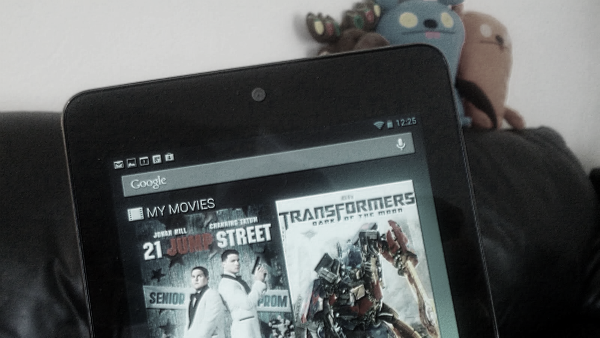
Google Nexus 7 first-impressions review
Last week, Google introduced its first branded tablet during the I/O developer conference. You can preorder one now, for delivery in a few weeks: $199 (8GB) or $249 (16GB). Maybe you're wondering if you should get one. I'd like to help that decision-making process, having the privilege of using Nexus 7 since June 27.
Nexus 7 is the most important Android device released to date. The tablet represents a culmination of disparate product and cloud services development coming suddenly together -- hardware, Jelly Bean, Chrome, curated content, seamless sync and personal assistant Google Now, among others. The tablet is first and foremost for anyone living the Google lifestyle. If you use more than a handful of Google services, this device, or Galaxy Nexus, is for you. Well, with caveats. Those aside, if you don't want this tablet, you really should.
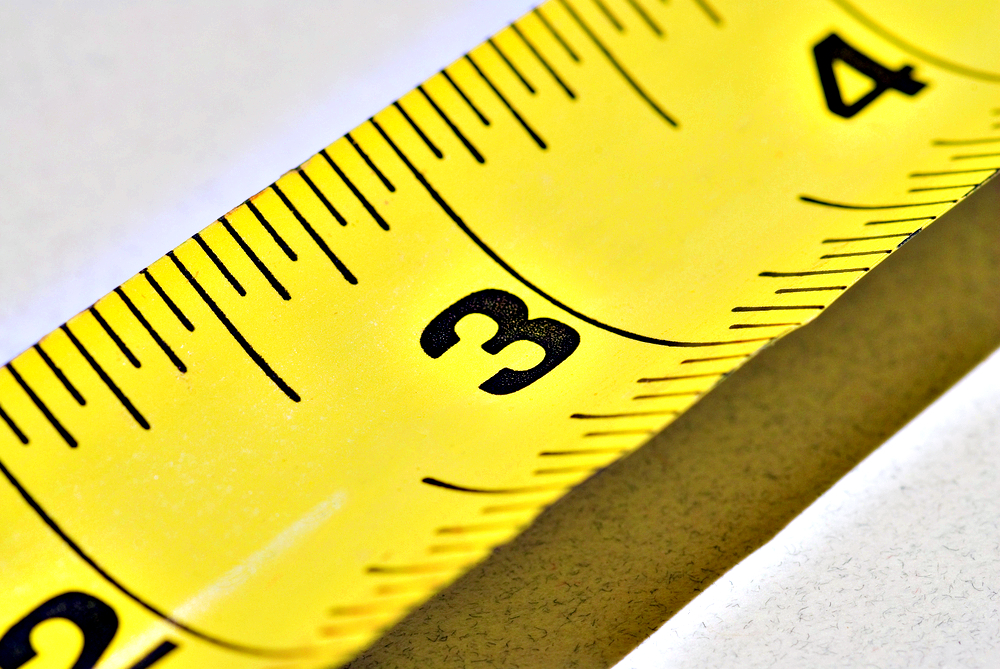
Nexus 10: Three extra inches of BYOD Hell
It’s relentless. Just when my psyche was beginning to recover from the Nexus 7 bombshell, here comes the Nexus 10. A rumored upsized-version of Google’s recently announced reference platform, the Nexus 10 will be to the iPad what the Nexus 7 is to the Kindle: An immediate, existential threat pounding on the gates of Fort Cupertino.
To Apple, the thought of an ultra-cheap (think sub-$300), 10-inch iPad fighter must send chills down CEO Tim Cook’s spine. But to me, the Nexus 10 represents something much worse: Three extra inches of BYOD hell for enterprise IT shops.

It's a gargantuan war among industry titans and the winners will control everything for years to come
Damn, what an extraordinary month.
Let’s recap. First, we saw a spate of exciting new Ultrabook announcements, along with some x86- and ARM-based Windows 8 tablets at Computex. Then Apple introduced new spins of iOS and OS X for tablets and PCs, respectively, at its developer gathering. Microsoft unveiled Windows Phone 8 at the Windows Phone Summit -- and let's not forget the Surface tablet. And this week, Google rolled out new products and concepts buckshot-style at Google I/O, showcasing its first branded tablet, the Nexus 7, and Android 4.1, just to name a few.
